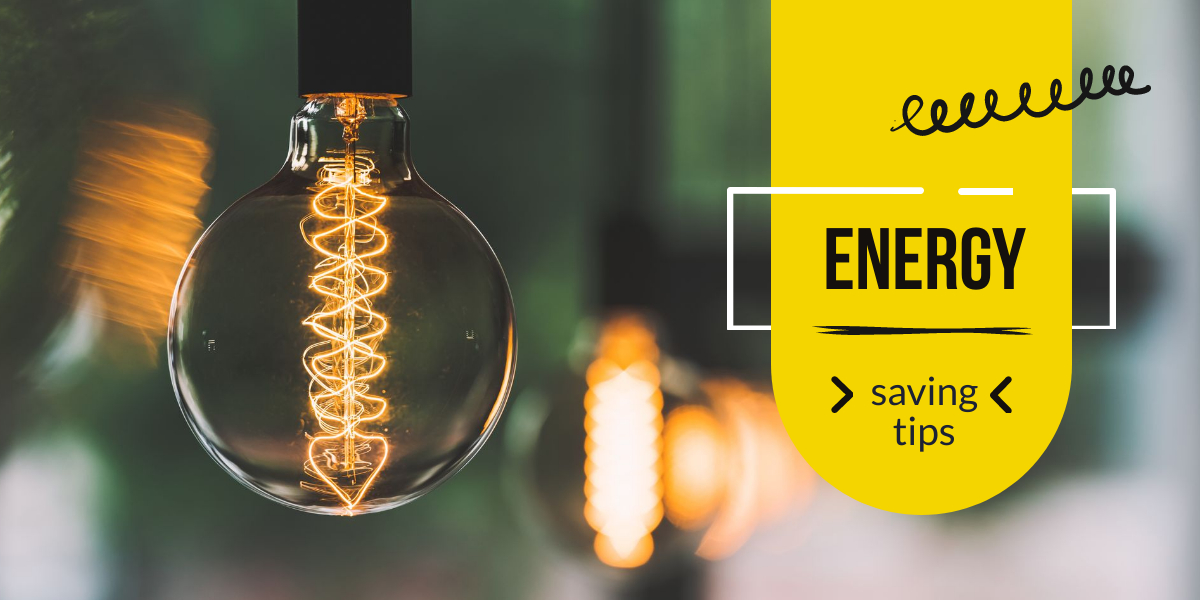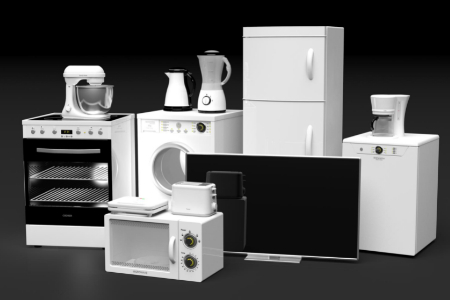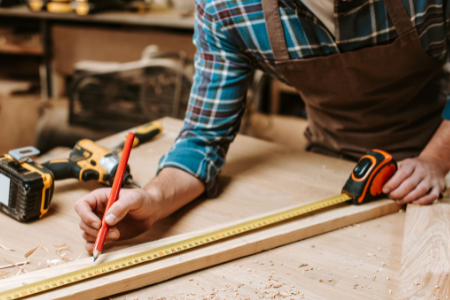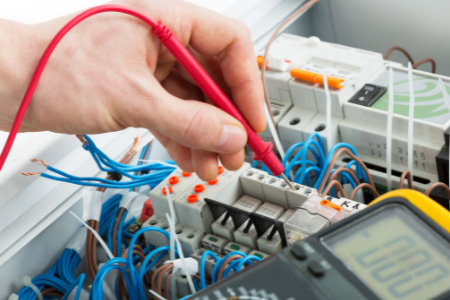In today's world, where energy consumption and its impact on the environment are major concerns, finding ways to make our homes more energy-efficient is crucial. Not only does it reduce our carbon footprint, but it also helps us save money on utility bills. By implementing these top 10 energy-saving tips, you can transform your home into an eco-friendly haven while enjoying the benefits of reduced energy consumption.
-
Upgrade to Energy-Efficient Appliances: Investing in energy-efficient appliances is a smart way to lower your home's energy consumption. Look for appliances with the ENERGY STAR label, as they meet strict energy efficiency guidelines. These appliances consume less electricity, reduce heat emission, and often offer advanced features to further optimize energy usage.
-
Use LED Lighting: Replace traditional incandescent bulbs with energy-efficient LED lights. LED bulbs use up to 80% less energy and last much longer. They also emit less heat, making them a safer option. By switching to LED lighting throughout your home, you can significantly reduce your energy consumption and lower your electricity bills.
-
Optimize Heating and Cooling: Heating and cooling account for a significant portion of household energy consumption. To optimize these systems: a. Set your thermostat to an energy-efficient temperature. Lowering it a few degrees in winter and raising it in summer can make a noticeable difference. b. Ensure proper insulation in your home to prevent heat loss during winters and heat gain during summers. c. Regularly clean or replace air filters to maintain optimal system performance. d. Consider installing a programmable thermostat to automate temperature adjustments and save energy.
-
Harness Natural Light: Maximize the use of natural light by keeping curtains open during the day. This reduces the need for artificial lighting and saves energy. Additionally, consider installing skylights or light tubes in rooms that lack natural light. These additions can brighten up your home without relying on electricity.
-
Seal Air Leaks: Air leaks in your home can significantly impact energy efficiency by allowing conditioned air to escape and unconditioned air to enter. Use weatherstripping, caulk, or spray foam insulation to seal gaps around windows, doors, and other potential air leak sources. Properly sealing your home will improve insulation, reduce energy waste, and enhance overall comfort.
-
Unplug Unused Electronics: Many electronic devices continue to consume energy even when they are turned off or in standby mode. To eliminate this "phantom load" or "vampire power," unplug electronics when not in use or use power strips with switches to easily turn off multiple devices at once. This simple habit can lead to substantial energy savings over time.
-
Opt for Energy-Efficient Windows: Replacing old, inefficient windows with energy-efficient ones can significantly reduce energy loss through drafts and heat transfer. Look for windows with low-emissivity (low-E) coatings and multiple panes to provide better insulation. These windows can help maintain a comfortable indoor temperature and reduce the load on your heating and cooling systems.
-
Install Water-Saving Fixtures: Water consumption also contributes to overall energy usage. Install low-flow showerheads, faucets, and toilets to reduce water wastage. These fixtures use less water while maintaining adequate pressure, resulting in lower energy requirements for water heating and pumping.
-
Utilize Energy-Efficient Landscaping: Your outdoor space can play a role in energy efficiency too. Planting shade trees strategically around your home can block direct sunlight, reducing the need for excessive air conditioning during hot summer months. Additionally, incorporating native plants in your landscaping reduces water consumption and maintenance needs.
-
Educate and Involve Your Family: Creating an energy-efficient home requires the collective effort of all family members. Educate everyone about the importance of energy conservation and involve them in implementing energy-saving practices. Encourage simple habits like turning off lights when leaving a room, using natural ventilation whenever possible, and embracing a conscious approach to energy consumption.
Conclusion: Adopting these top 10 energy-saving tips will not only make your home more efficient but also contribute to a greener and more sustainable future. By reducing your energy consumption, you'll save money on utility bills while minimizing your impact on the environment. Embrace these energy-saving practices and inspire others to follow suit, as every small step counts towards creating a better world for generations to come.
If you are in need of appliance repair services, look no further! Our experienced team is ready to assist you with any appliance issues you may be facing. Whether it's a malfunctioning Air Conditioner, Refrigerator, Chimney, Geyser, Gas Stove and Gas Hub, Air Cooler, TV Repair, Microwave Oven, a faulty dishwasher, or a broken washing machine, we have the expertise to diagnose and fix the problem efficiently. Our dedicated technicians are trained to handle a wide range of appliances and are equipped with the necessary tools and parts to provide timely and reliable repairs. Contact us today and let us help restore the functionality of your appliances, ensuring your home runs smoothly once again.





